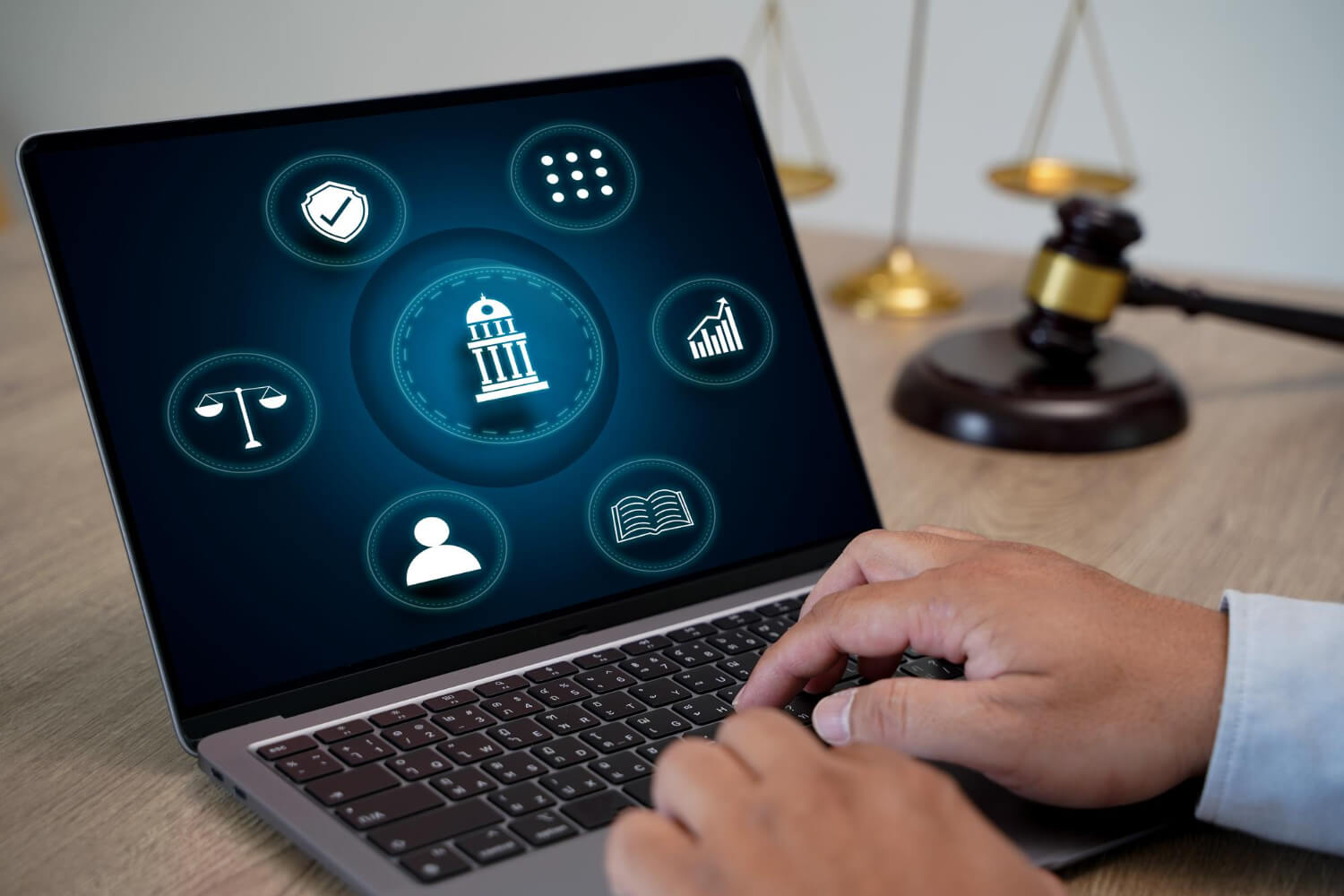The concept of intermediary liability—whether and when digital platforms are responsible for user-generated content—has been a cornerstone of EU digital law since the adoption of the E-Commerce Directive (Directive 2000/31/EC). Under Article 14, hosting providers are exempt from liability for illegal content unless they have actual knowledge and fail to act expeditiously to remove or disable access.
However, recent case law from the Court of Justice of the European Union (CJEU), particularly Glawischnig-Piesczek v Facebook Ireland (C-18/18), has challenged some long-held assumptions about the scope and limits of that exemption. As the EU’s Digital Services Act (DSA) begins to apply, these decisions offer critical guidance on what platforms must do—and what they can no longer ignore.
Glawischnig-Piesczek v Facebook (C-18/18): Beyond Notice-and-Takedown
In this 2019 ruling, the CJEU considered whether Facebook could be ordered to remove or block access to defamatory content worldwide and whether such an obligation could extend to identical or equivalent content—not just the specific post reported.
The case was initiated by Austrian politician Eva Glawischnig, who sought removal of a user’s Facebook post that insulted and defamed her. She also requested that Facebook prevent equivalent content from appearing in the future.
Key Holdings:
- A platform can be required to remove content identical to or equivalent to content that has already been found unlawful, provided that the search does not require independent assessment by the platform.
- The obligation can extend globally, depending on the scope of the national court’s order and applicable international law.
- The decision does not conflict with Article 15 of the E-Commerce Directive, which prohibits general monitoring obligations, because the obligation to monitor is specific and targeted.
Implications:
- Platforms must be prepared to implement automated filtering or proactive identification tools once they are notified of unlawful content.
- The idea of “equivalent content” introduces new complexity. Platforms must decide how broadly to interpret similarity and what tools are necessary to comply.
- The decision suggests that jurisdictional boundaries may not limit removal obligations, raising risks of global takedown orders.
Other Notable Judgments on Hosting Liability
While Glawischnig-Piesczek is the headline case, several other decisions have shaped the liability framework for online intermediaries:
- YouTube and Cyando (Joined Cases C-682/18 and C-683/18):
- Reaffirmed that platforms can benefit from hosting liability exemptions if they remain passive and do not actively contribute to the presentation or promotion of illegal content.
- However, they lose immunity if they play an active role—such as curating content or recommending infringing material.
- SABAM v Netlog (C-360/10):
- Bevestigd dat algemene filterverplichtingen niet zijn toegestaan onder de EU-wetgeving.
- Platforms kunnen niet worden gedwongen alle gebruikerscontent te controleren bij voorbaat.
- L’Oréal v eBay (C-324/09):
- Vastgesteld dat platforms aansprakelijk kunnen worden gesteld wanneer ze kennis van illegale activiteit en handel niet overhaastig.
- Platforms die zich bezighouden met commerciële promotie van goederen van derden mogelijk geen “neutrale” tussenpersonen.
Belangrijkste principes die voortkomen uit de jurisprudentie
- Echte kennis brengt verantwoordelijkheid met zich mee. Zodra een platform op de hoogte is gesteld van illegale content, moet het onmiddellijk handelen, anders loopt het het risico aansprakelijk te worden gesteld.
- Het onderscheid tussen passief en actief is cruciaal. Hoe meer redactionele of curatoriële controle een platform uitoefent, hoe kleiner de kans dat het in aanmerking komt voor immuniteit.
- Verplichtingen kunnen voortdurend en proactief zijn. Platforms moeten mogelijk niet alleen de originele inhoud verwijderen, maar ook equivalent content—zelfs proactief.
- Geen algemene monitoring, maar gerichte filtering toegestaan. Rechtbanken kunnen platforms bevelen om specifieke soorten content te weren, maar niet om alle uploads vooraf te screenen.
Hoe platforms zouden moeten reageren
- Implementeer Effectieve Kennisgevings- en Actiemechanismen.
Platformen moeten ervoor zorgen dat ze snelle, transparante en gebruiksvriendelijke processen hebben voor de behandeling van meldingen van illegale inhoud. Vertragingen kunnen aansprakelijkheid veroorzaken. - Filtertechnologie ontwikkelen en controleren.
Proactieve tools (bijv. content hashing, trefwoordmatching) kunnen nodig zijn om equivalente of herhaalde content te identificeren en te verwijderen. - Contentmoderatie-logboeken en -verslagen bijhouden.
Platformen moeten verwijderingsbeslissingen, tijdstempels en gebruikersmeldingen documenteren om aan te tonen dat ze te goeder trouw handelen. - Stel duidelijke gebruiksvoorwaarden en handhavingsbeleid op.
Sterke en afdwingbare communityrichtlijnen kunnen helpen om de toewijding van het platform aan het voorkomen van misbruik aan te tonen. - Beoordeel de globale impact van gerechtelijke bevelen.
Juridische teams moeten beoordelen of verwijderingsverplichtingen een internationaal bereik hebben en hoe tegenstrijdige wetten in evenwicht kunnen worden gebracht.
Conclusie
De aansprakelijkheid van tussenpersonen in de EU is niet langer een statisch of zuiver reactief concept. Het Hof van Justitie heeft de deur geopend naar proactieve, gerichte verplichtingen, en platforms moeten reageren met schaalbare en juridisch robuuste processen. Nu de Digital Services Act deze principes versterkt en uitbreidt, is de behoefte aan juridische risicobeoordelingen, complianceprogramma's en moderatie-infrastructuur groter dan ooit.
Voor platformbeheerders, juridisch adviseurs en digitale dienstverleners is het essentieel om op de hoogte te blijven van deze jurisprudentie—niet alleen om aansprakelijkheid te vermijden, maar ook om vertrouwen op te bouwen in een steeds meer gereguleerde online omgeving.
Als uw bedrijf een online platform exploiteert, kunnen wij u helpen bij het beoordelen van uw contentbeleid, meldingssystemen en juridische risico's volgens de EU- en nationale wetgeving. Neem contact op met ons juridische team voor digitale diensten voor ondersteuning op maat op het gebied van compliance.

 Aansprakelijkheid van tussenpersonen herzien: Verantwoordelijkheid van platforms in recente uitspraken">
Aansprakelijkheid van tussenpersonen herzien: Verantwoordelijkheid van platforms in recente uitspraken">
